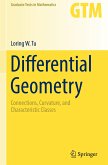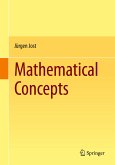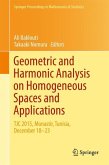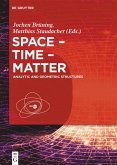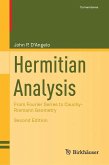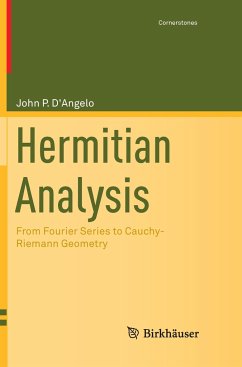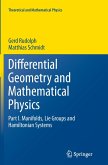This monograph presents the current status of a rapidly developing part of several complex variables, motivated by the applicability of effective results to algebraic geometry and differential geometry. Special emphasis is put on the new precise results on the L² extension of holomorphic functions in the past 5 years.In Chapter 1, the classical questions of several complex variables motivating the development of this field are reviewed after necessary preparations from the basic notions of those variables and of complex manifolds such as holomorphic functions, pseudoconvexity, differential forms, and cohomology. In Chapter 2, the L² method of solving the d-bar equation is presented emphasizing its differential geometric aspect. In Chapter 3, a refinement of the Oka-Cartan theory is given by this method. The L² extension theorem with an optimal constant is included, obtained recently by Z. Blocki and separately by Q.-A. Guan and X.-Y. Zhou. In Chapter 4, various results on the Bergman kernel are presented, including recent works of Maitani-Yamaguchi, Berndtsson, Guan-Zhou, and Berndtsson-Lempert. Most of these results are obtained by the L² method. In the last chapter, rather specific results are discussed on the existence and classification of certain holomorphic foliations and Levi flat hypersurfaces as their stables sets. These are also applications of the L² method obtained during the past 15 years.
Bitte wählen Sie Ihr Anliegen aus.
Rechnungen
Retourenschein anfordern
Bestellstatus
Storno


